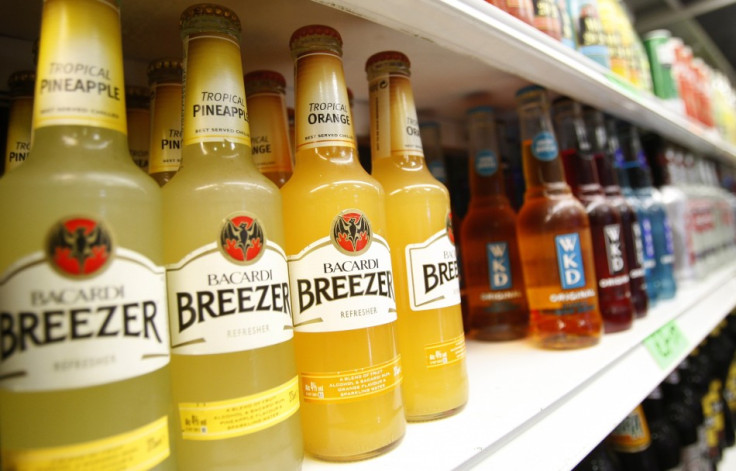David Cameron's Booze-Binge Pricing Misguided, Say Retailers

Retailers have claimed that Prime Minister David Cameron's proposals to set a minimum alcohol price of 40p per unit are "seriously misguided".
The proposals, which accompany plans to ban multi-buy supermarket deals, aim to crack down on binge drinking in the UK.
Andrew Opie, food director for the British Retail Consortium, said the plans represented little more than a tax on responsible drinkers.
"David Cameron is seriously misguided. It's simplistic to imagine a minimum price is some sort of silver bullet solution to irresponsible drinking," he said.
"Irresponsible drinking has cultural causes and retailers have been hugely engaged in information and education to change attitudes to drinking because that is what is working."
Supermarkets and shops are sure to be harder hit by the price increase, which could come into effect in 2014, than pubs, which would be expected to welcome steps towards a level playing field on price.
Opie said: "It's a myth to suggest that supermarkets are the problem or that a pub is somehow a safer drinking environment. It's retailers not pubs that have led the way on preventing underage sales, providing unit labelling and funding the Drinkaware campaign."
He added that retailers had taken an active part in the government's Public Health Responsibility deal to improve the lifestyle choices of people in the UK.
"Government figures show overall alcohol consumption falling and that three quarters of men and over four fifths of women drink within official guidelines," he added.
"People who buy alcohol in supermarkets buy it with a range of other items as part of their regular shop and take it home to drink over a period or share.
"Effectively a minimum price is a tax on responsible drinkers."
The government estimates that the proposed increase in prices would add £21 to £23 a year to the average drinkers' bill.
Cameron admitted that the proposal, which will be consulted on over the summer, would not be popular, but claimed it was "the right thing" to do.
© Copyright IBTimes 2024. All rights reserved.





